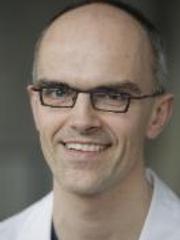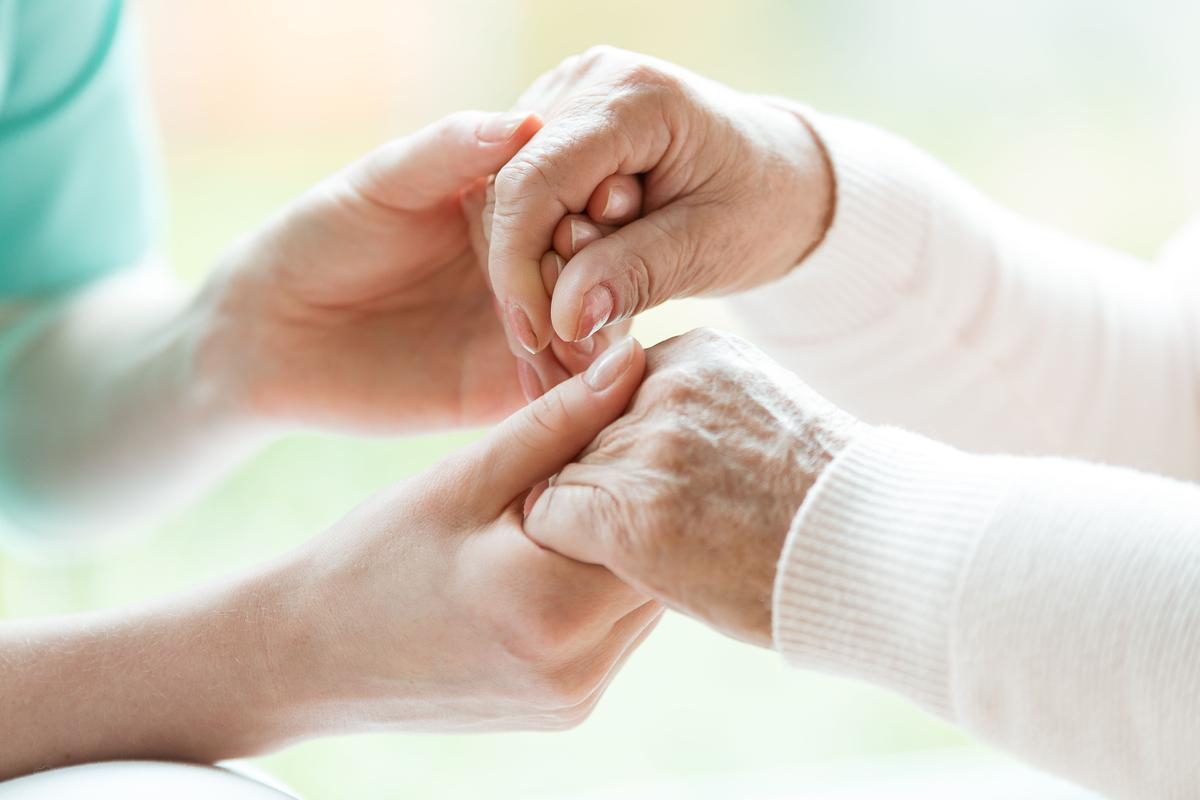Approximately 60% of all new cancer diagnoses are made in people over the age of 65. Despite the fact that cancer generally occurs more frequently in older people, little is known about optimum diagnosis and treatment at a very advanced age. “Cancer has not yet been investigated much particularly in vulnerable, care dependent very elderly people, because patients at such an advanced age don’t usually participate in clinical studies,” Prof. Dr. Hans Wildiers explained.
That is why this research project focused on the sub population of very elderly care home residents. They represent approximately 10% of the global elderly population, but are on average much more frail and care dependent. More than 4,000 of these very elderly residents, with an average age of 87 and spread across 39 Belgian care homes of the Armonea network, were monitored over a period of twelve months. The objective was to chart the number of new cancer diagnoses and the progress of existing forms of cancer. The study also registered the decision taken as to whether or not to start treatment following a cancer diagnosis.
Twenty times less than expected
Surprisingly, only nine cases of cancer were registered: five patients received a new cancer diagnosis, whilst an existing cancer worsened in four others. In epidemiological research terms this is conveyed as 123 new cancer diagnoses per 100,000 ‘person years’. This number was about twenty times lower than expected, bearing in mind that cancer in the overall population of those aged over 75 occurs approximately 2,500 times per 100,000 person years.
Prof. Wildiers maintains that there are various possible explanations for this surprising result. “It is possible that not all cases of cancer were detected in our study population, even though we tried to reduce the chances of underestimation by providing the care teams in care homes with extensive knowledge about the study beforehand.”
Our research leads us to conclude that there is no need for intensive cancer screening in frail, care dependent elderly people.Prof. dr. Hans Wildiers - oncologist
Biological balance between ageing and cancer
It appears more likely that there is a biological explanation. Previous studies already indicated that the risk of cancer increases with age and peaks in the 80-85 year old population group, but then slightly decreases again.
The results of this study are in line with a theory that maintains that ageing of the body cells provides a natural protection mechanism against previously incurred biological damage. Cells can either age and thus play safe but not function as well, or opt for a repair process in the hope of staying ‘young’. The latter is high risk because it can lead to abnormal cell growth, as is the case with cancer cells. This may explain why people who age most rapidly, and are consequently more care dependent, actually have a lower risk of developing cancer.
Prof. Wildiers: “Our research leads us to conclude that there is no need for intensive cancer screening in frail, care dependent elderly people.” Despite the fact that ‘active’ cancer appears to be less prevalent in this group of elderly people, Prof. Wildiers does recommend that medical advice be sought for them if there is a suspicion of a new or worsening case of cancer. “Our study also suggests that correct diagnosis and treatment rarely happen if cancer does occur. The patient’s welfare is paramount: often the treatment is too challenging or not useful; but in other cases minimal intervention, such as (anti) hormonal therapy for breast cancer, can make a difference and considerably improve the patient’s quality of life.”
The results of the study, which received financial backing from Armonea, were published in the Journal of Geriatric Oncology.

